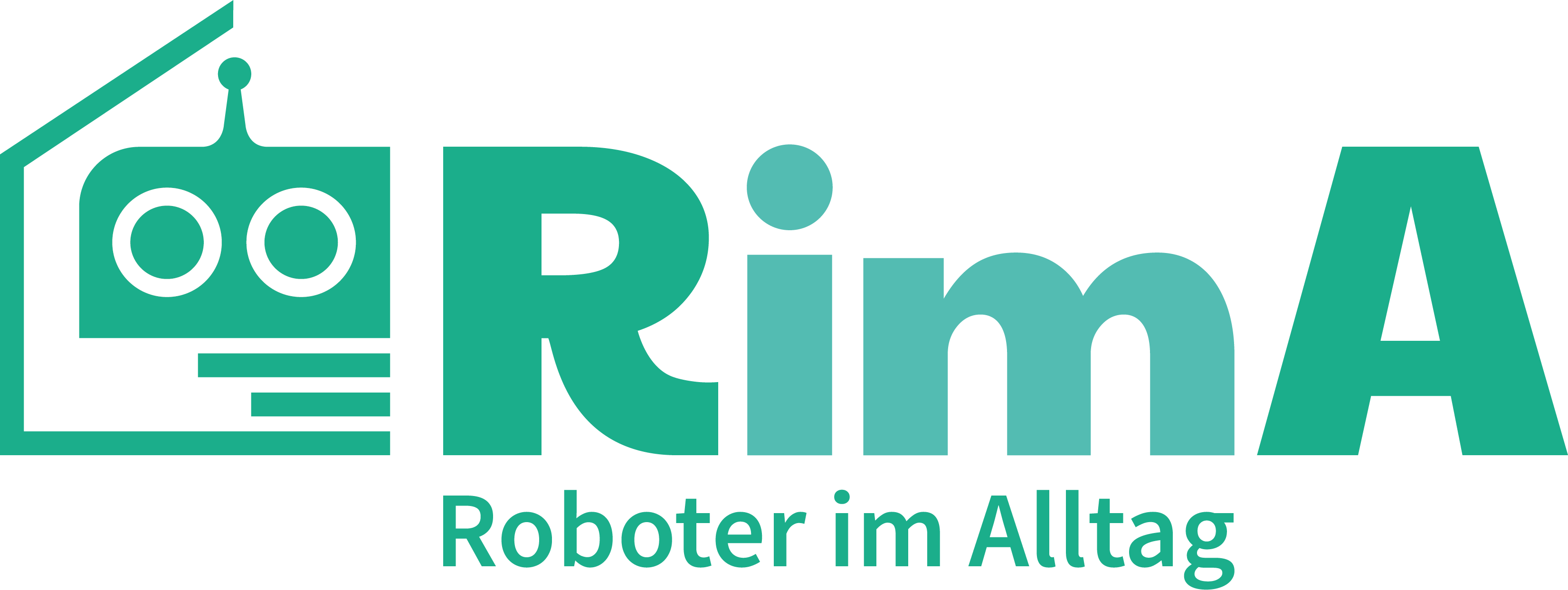SDI4ECom
Secure and self-determined digital identities in e-commerce
Start: 08/2021
End: 10/2025
The RimA project is dedicated to the interaction between humans and robots in everyday life (German: Transferzentrum Roboter im Alltag (RimA)). It operates as a transfer center to support researchers and users of robotics in everyday life alike. This involves, for example, the transfer and evaluation of research and development on intuitive forms of interaction for service and assistance robots in different areas of application. However, the exchange between start-ups, BMBF-funded competence centers and other independent projects that deal with robotic solutions for daily living is also an important part of RimA’s agenda.
In the context of the digitalization of society, robots (for example as vacuum cleaners) are increasingly finding their way into our everyday lives. More and more service and assistance robots support people not only in their own homes or in healthcare, but also in public spaces. Enabling simple and natural interaction between humans and these robots is one of the central challenges of the future.
The goal of the transfer center coordinated by the FZI is to create a sustainable service robotics community that provides information about the state of the art and supports the development of new innovative robotics components, services, and applications. To achieve this, among other things, an overarching knowledge platform and robotics competitions are being launched.
In this research focus, the FZI concentrates on practical research into the key technology of Artificial Intelligence (AI). Innovative AI solutions are developed and transferred to application areas such as mobility, robotics, healthcare technology, logistics, production, and supply and disposal on behalf of our partners and customers.

Project partners:
Secure and self-determined digital identities in e-commerce
Jointly moving people and goods
Stopping pathogen transmission in hospitals quickly, reliably, and comprehensively using AI.
Generating resilient system-on-a-chip architectures for RISC-V
Body-worn sensors and wearables for recording vital data and identifying health-related issues in mental and psychosomatic disorders
Efficient and highly accurate data generation for AI applications in autonomous driving
Generative AI in Software Development with a focus on smart home applications.
Standardized interfaces for greater speed, safety, and sovereignty in vehicle development
New approaches for interconnected hospital logistics
The modular toolbox for flexible robotics, tailored to the needs of small and medium-sized automotive suppliers